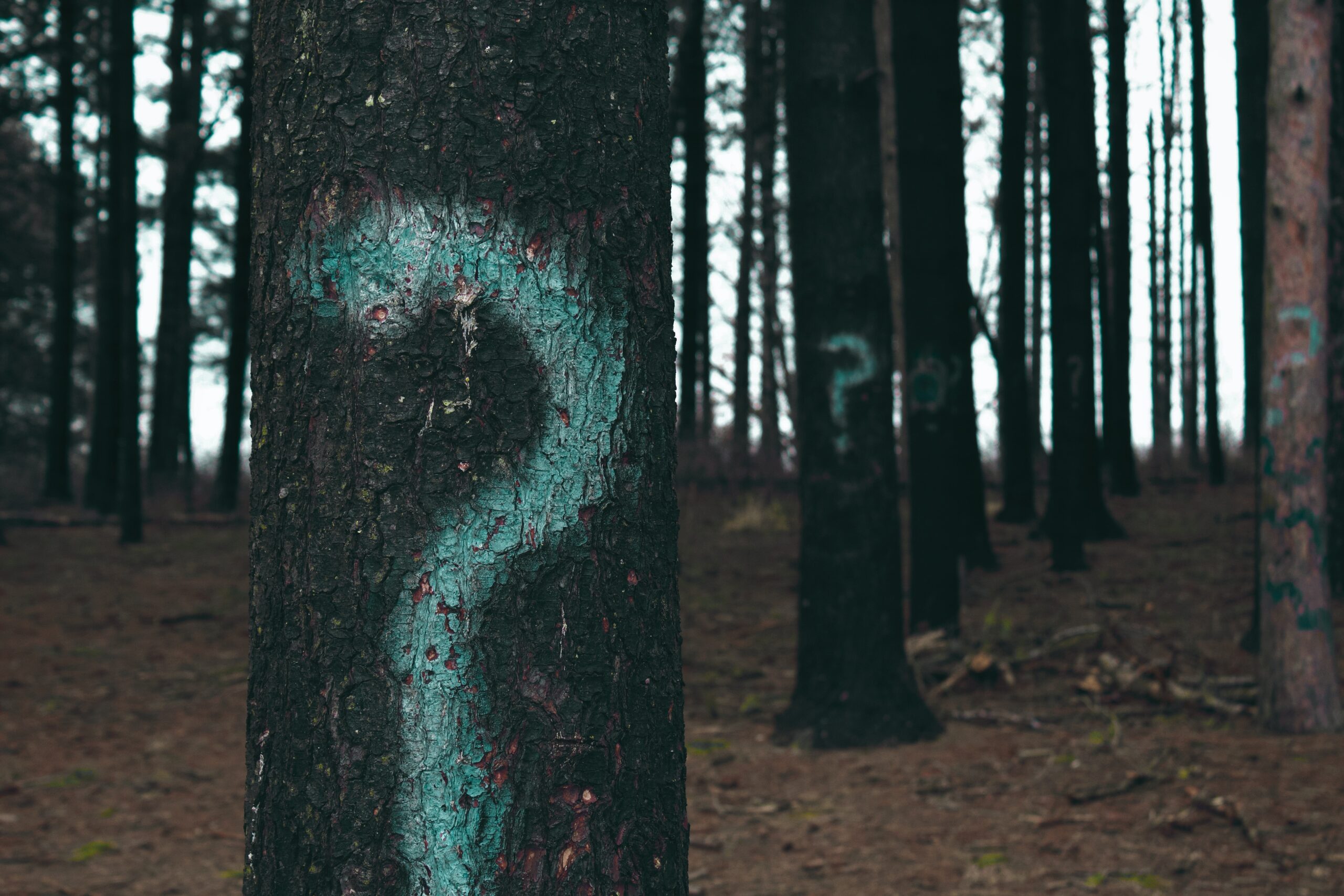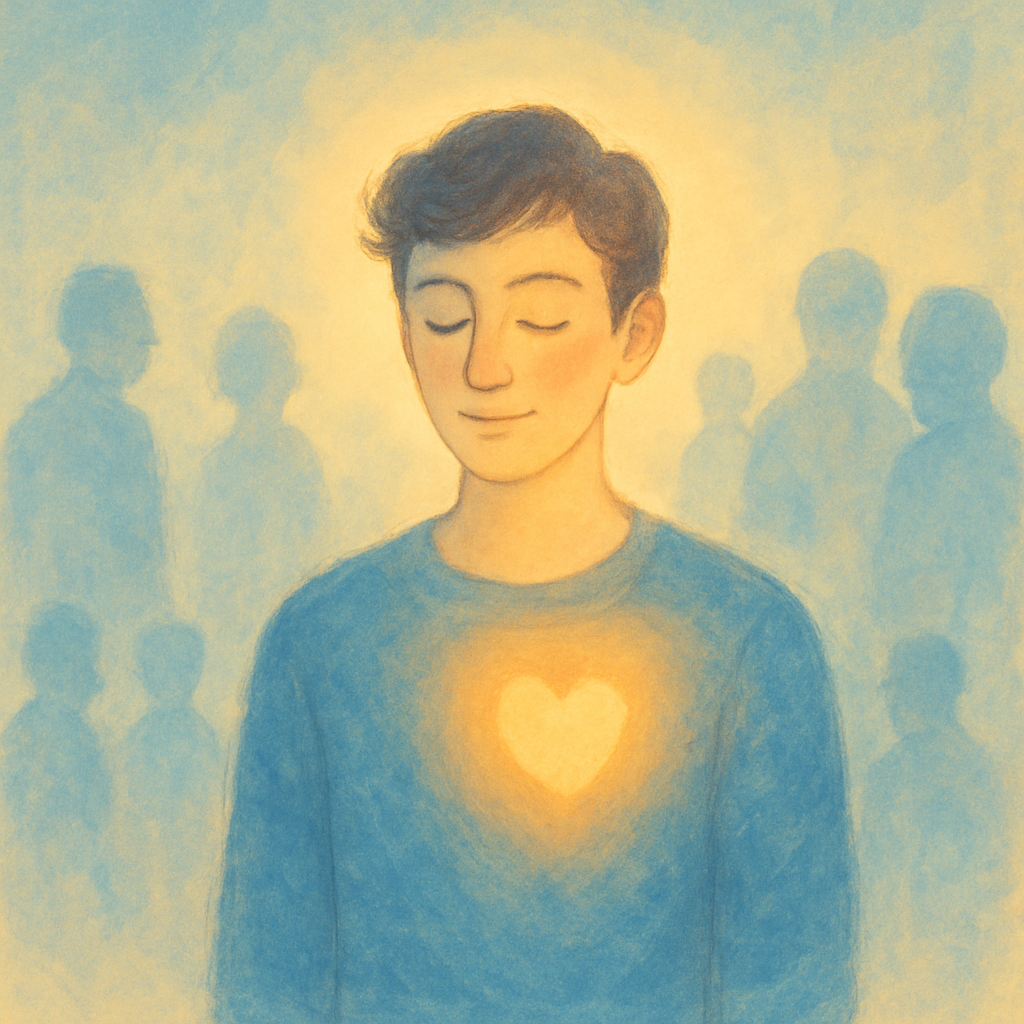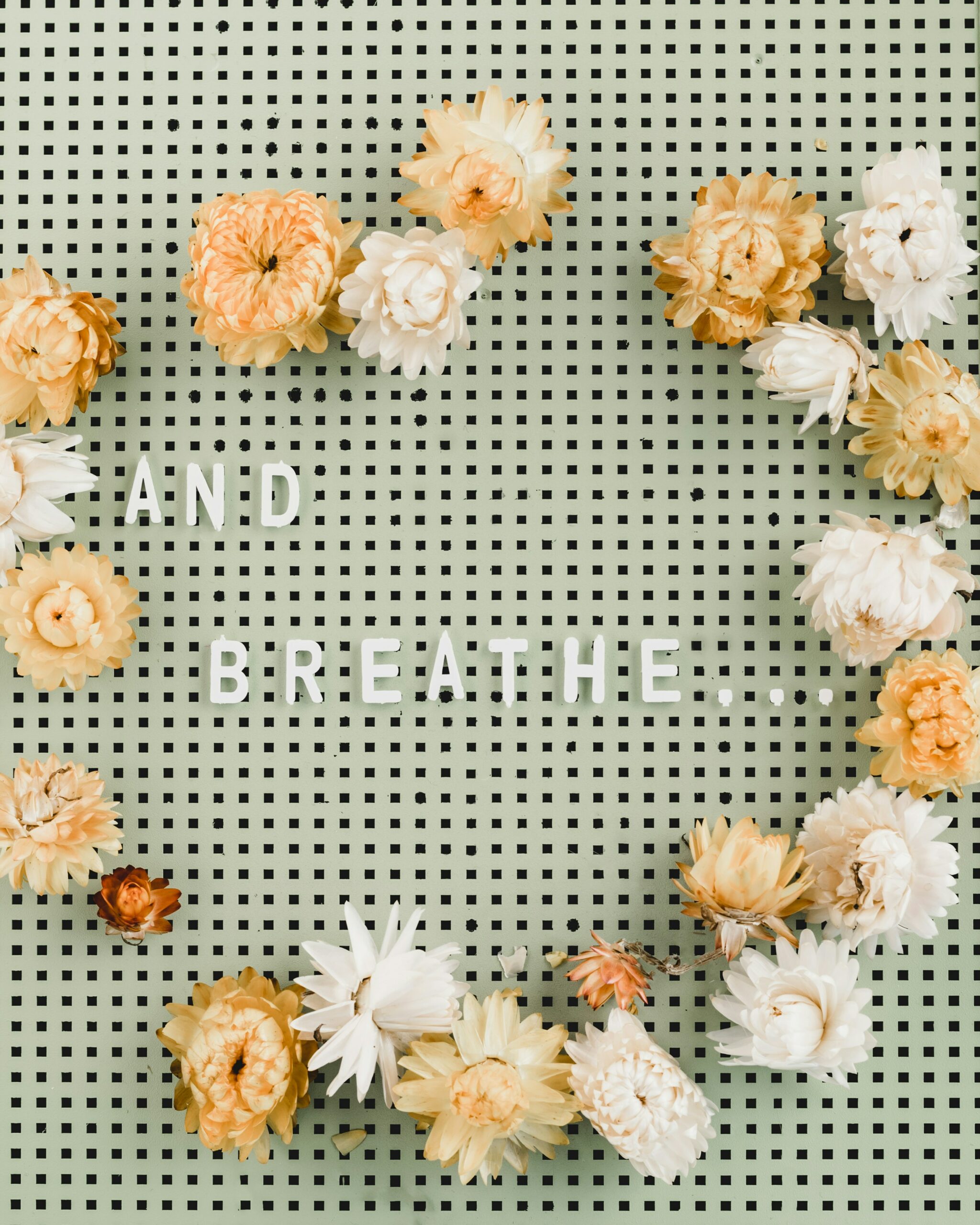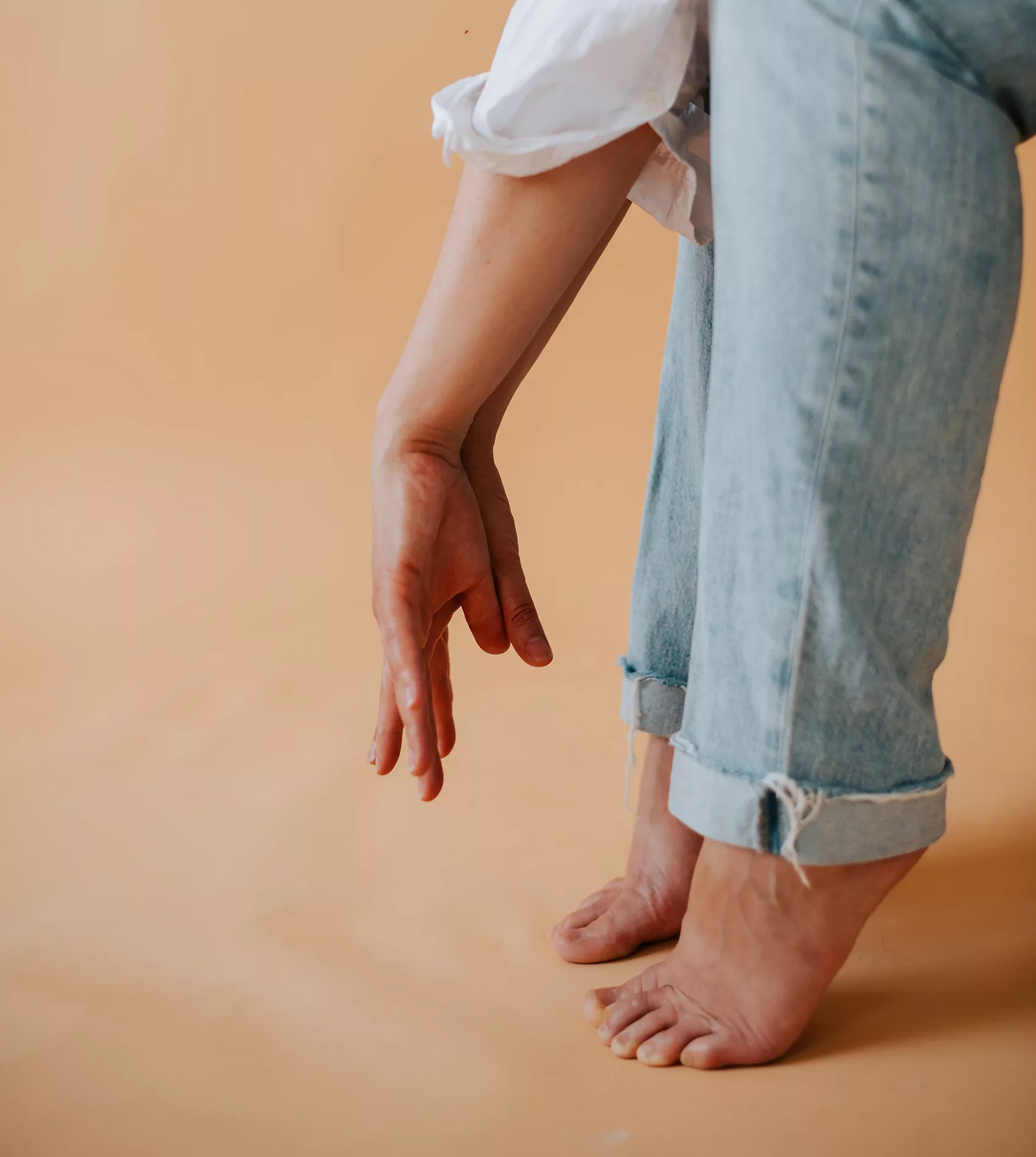Panic attacks can happen to anyone.
Most people can experience occasional panic or anxiety when sick, stressed or injured, but these feelings often resolve with the situation and don’t usually recur.
Recurring and unexpected panic attacks are known as panic disorder, a type of anxiety disorder.
When the brain perceives danger, the autonomic nervous system orders the body to produce a cascade of chemicals, including cortisol and adrenaline, which prepare the heart, lungs, and muscles for combat or for running away the so-called fight-or-flight response. This happens very fast.
A panic attack can occur when the body goes into fight-or-flight mode when there is NO excessive stress, trigger, or actual danger.
They can happen when a person is safely in bed asleep, on the couch, watching TV, or cooking dinner.
Watch the video below to learn more about fight or flight response:
Link: The Fight Flight Freeze Response

But sometimes, some additional factors can trigger a panic attack, such as:
- Ongoing (chronic) stress, such as excessive stress at work for an extended period, which can cause high-stress chemicals.
- Significant changes in your personal life.
- Stimulants, medications, alcohol and other drugs—for example, caffeine is a stimulant, and some research indicates that too much caffeine can increase anxiety and panic attacks. Stimulants can also affect people’s sleep patterns, and sleep deprivation can increase anxiety.
- A sudden change in the physical environment or conditions or intense physical exercise can trigger some people.
- Hyperventilation, or breathing too much or too deeply for too long, can trigger fight-or-flight by dropping levels of carbon dioxide in the blood too low.
- Crowded places or social events.

To do so only reinforces the idea that there is something genuinely dangerous about your feelings. Always stop and consider your options rather than making decisions based only on how you feel. Remember that it is not the place but the catastrophic thought that makes you anxious.
Each time you face your fears and accept your feelings is a step forward. Each time you escape or avoid is one less opportunity to take a step forward. If something you are avoiding seems too big, try to break it up into steps you can do.
Remember that your recovery lies in the places, situations and anxious feelings you have fearfully avoided.






